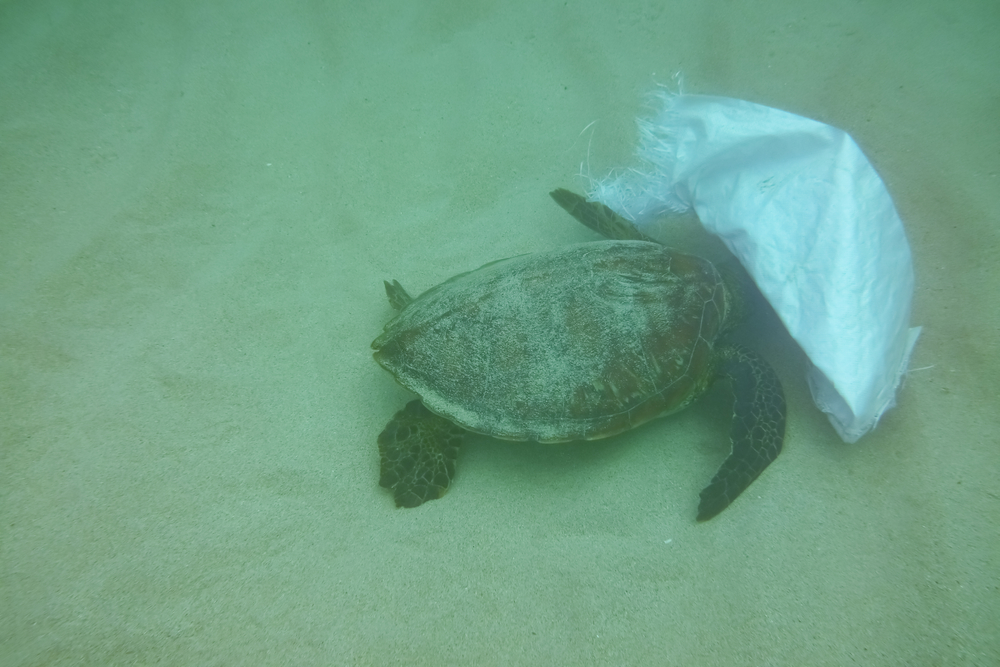Visiting the Galápagos Islands — the Ecuadorian archipelago made famous by British geologist and naturalist Charles Darwin, and known for its giant tortoises — is no easy task. If the exorbitant airfares (an average of USD 400 for a round-trip from Guayaquil, Ecuador’s most populous city) do not deter visitors, the entry fees (USD 100 for most tourists aged over 12), multiple forms, and airport security might.
The Galápagos slap hefty fees on tourists as a way of financing biodiversity conservation services and controlling the influx of people to the ecologically-sensitive islands. Since 1998, the Galápagos have been run under a special regime, which restricts several rights held under Ecuador’s constitution (such as free residency, property, and commerce), with the objective of minimizing the impacts of tourism on the ecosystem.
A 2018 study by the University of Sydney showed that tourism alone accounts for 8 percent of global greenhouse gas emissions. Overcrowding spaces can also lead to soil erosion, littering, and noise pollution.
Still, the Ecuadorian government’s controls have not been enough to spare the Galápagos from major external environmental threats. Besides the risk of accidents, such as a recent oil spill 1,000 kilometers off the coast of Ecuador, ocean species are threatened by the presence of plastics under the surface.
Yet, according to a study by the University of Exeter,...


 Search
Search






































